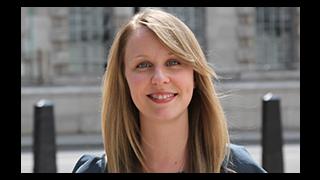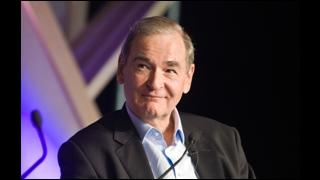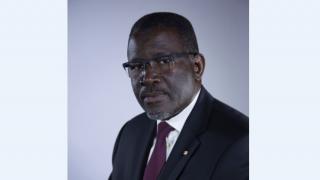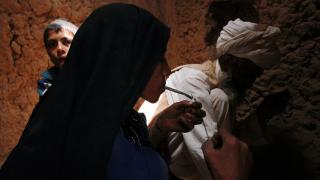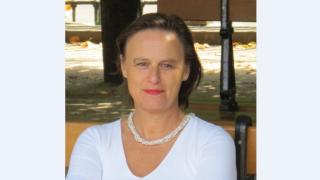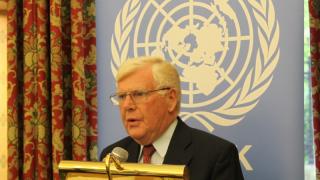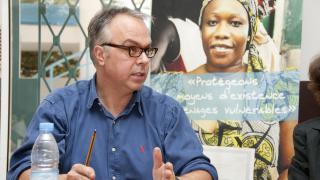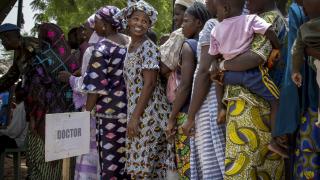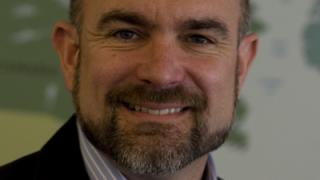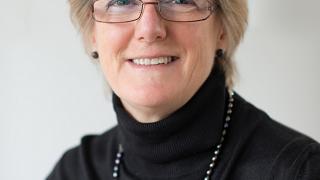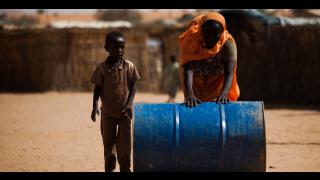
The world is changing at an exceptional rate. We have seen the meteoric rise of social media and social movements, online campaigning and an explosion of citizen journalism. There are more voices and ideas to be heard and more ways to hear them than ever before.
Despite these rapid changes, decision-making within international affairs and diplomacy still lies largely in the hands of traditional elite groups, who are presumed to have a better understanding of the complex geopolitical and economic challenges that we face. Put simply, it’s the age-old notion that we should leave it to the people who know best.
But this idea is becoming increasingly outdated. Diplomacy is in drastic need of new life, fresh thinking and innovation. For young people, now is the best opportunity we have ever had to work together with decision-makers to build the future we want.
Our generation
For the younger generation, the international community is not just a network of governments working on global issues. It is now defined by our increasing interconnectedness, which has exposed people from all walks of life to new ideas and possibilities outside of their own communities.
It is not only big business and government officials who dictate domestic, regional and international politics. There are close to 1.8 billion people in the world aged between 15 and 29, and they are at the beating heart of emerging political and social movements, as well as sharing information at a scale never before seen.
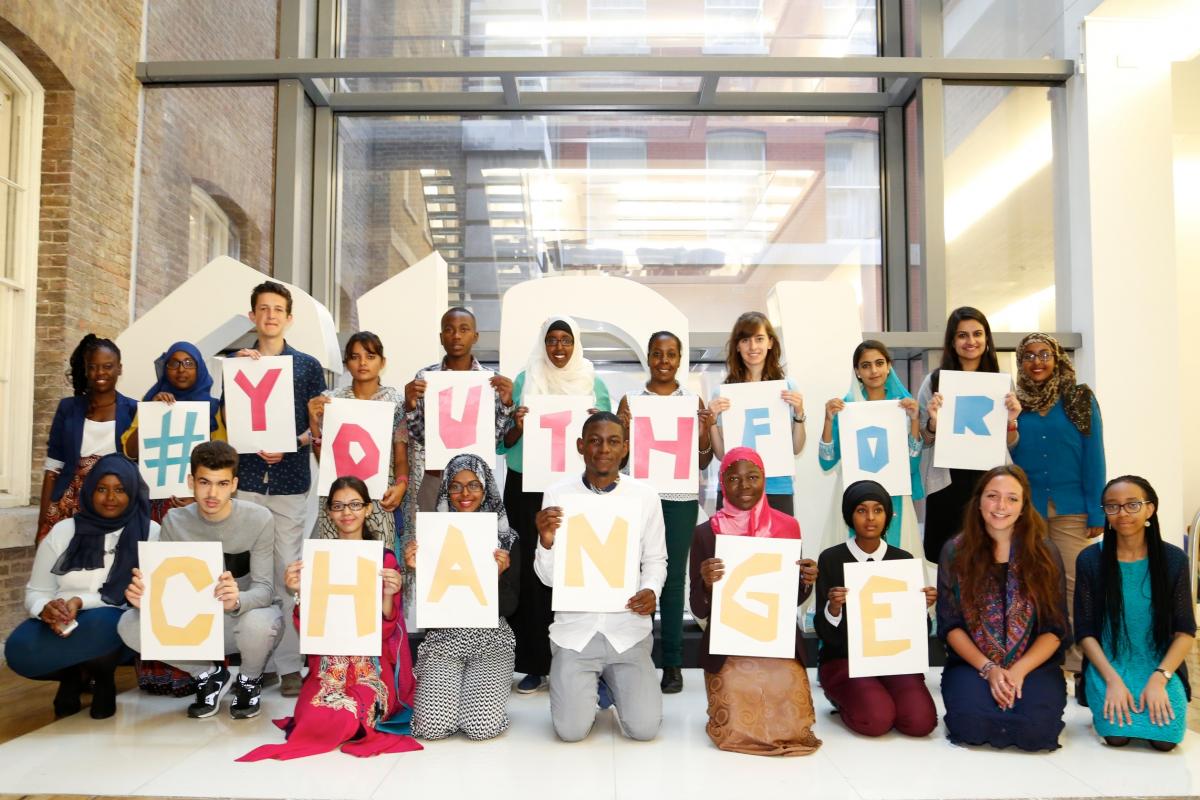 Young people need to use these connections to build better channels of communication with decision-makers and governments. It is down to us to help them listen by offering a sensible, legitimate and credible voice that shows we can be part of the conversation too. Far too often young people’s ideas are put aside as separate to the real policy discussions, or worse still, as merely a box that needs to be ticked. It is only through young people’s participation that governments can begin to understand our priorities, concerns and ideas for the future and ignite new ways of thinking about the key challenges facing the world today.
Young people need to use these connections to build better channels of communication with decision-makers and governments. It is down to us to help them listen by offering a sensible, legitimate and credible voice that shows we can be part of the conversation too. Far too often young people’s ideas are put aside as separate to the real policy discussions, or worse still, as merely a box that needs to be ticked. It is only through young people’s participation that governments can begin to understand our priorities, concerns and ideas for the future and ignite new ways of thinking about the key challenges facing the world today.
It’s your voice
This autumn, UNA Youth will be leading the way with a campaign exploring attitudes to young people’s involvement in foreign policy. The 45 Youth branches at universities across the UK will use a collection of posters with controversial statements to engage people at their freshers’ fairs.
Posters with statements like “You should leave foreign policy to the grown-ups” are clearly tongue-in-cheek but will, we hope, provoke people to challenge such ideas. Positive statements such as “Your idealism is matched by your intelligence” will serve as a counter to the negative posters, opening the way to some genuine debate.
Students will be asked to sign a pledge to get more involved with the work of the UN, and to participate in UNA-UK’s campaigns and events throughout the coming year and beyond.
And at Future Foreign Policy we will be working with international affairs experts, senior diplomats and a number of foreign policy think tanks from around the world. We give a voice to bright young people between the ages of 18 and 29 and offer practical experience in preparing and presenting research, creating policy papers and interacting with the right people in the right way through our events, online and offline debates, research programmes and career advice.
So don’t wait – get involved today and put some innovation into international politics.
Katy Ho and Philip Young are the co-founders of Future Foreign Policy, an international affairs think tank for young people. You can contact them at info@futureforeignpolicy.com or find them on Twitter – @FutureFP – to learn more
Photo: Youth for Change was an event held for youth, by youth, at the Department for International Development. © Flickr/UK Department for International Development

